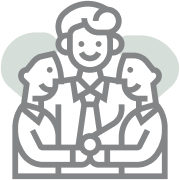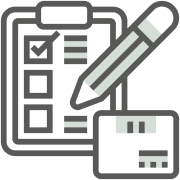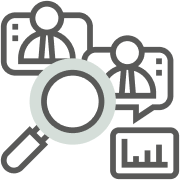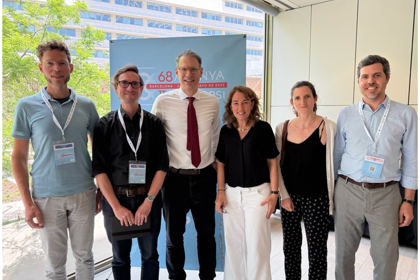New and emerging treatments in psychiatry
Day 1 schedule
9:00-9:30 Arrival, tea, coffee and biscuits
9:30-10:00 Overview
10:00-10:45 The Transcranial Magnetic Stimulation clinic at Oxleas NHS Trust. Experience of delivery and mechanisms.
10:45-11:30 Transcranial Magnetic Stimulation for Functional Neurological Disorders. Mechanisms and Clinic Utility.
11:30-11:45 Coffee Break
11:45-12:30 Triple chronotherapy for resistant depression.
12:30-13:00 Panel and audience discussion: TMS and triple chronotherapy.
13:00-14:00 Lunch
14:00-14:45 Cannabis prescribing in the UK: experience from the first CQC-approved clinic in the UK
14:45-15:30 Influencing the microbiome to treat psychiatric disorders
15:30-16:15 MDMA for Post-Traumatic Stress Disorder – an overview of current clinical trials
16:15-16:45 Panel and audience discussion: Cannabis, the microbiome and MDMA for PTSD
16:45 Close
Day 2 schedule
9:00-9:30 Arrival, tea, coffee and biscuits
9:30-10:15 Classical psychedelics in the treatment of psychiatric disorders: an introduction
10:15-11:00 Psilocybin trials at King’s College London
11:00-11:30 Coffee Break
11:30-12:15 Therapeutic models of psychological support in psilocybin therapy.
12:15-13:00 Panel and audience discussion: psilocybin therapy
13:00-14:00 Lunch
14:00-14:45 Clinical use of ketamine in mood disorders
14:45-15:30 Ketamine therapy at the Maudsley Advanced Treatment Service (MATS).
15:30-16:00 Panel and audience discussion: ketamine therapy in psychiatry
16:00 Closing comments
| Describe a variety of emerging novel pharmacological and non-pharmacological treatments in psychiatry | Identify scientific and clinical evidence base supporting the major emerging treatments in psychiatry |
| Determine whether some novel treatments may be appropriate for their patients | Signpost patients to service or research programs that provide novel treatments |
Course presented by
Course schedule

Group bookings
Contact us for bulk booking discounts on group bookings of more than 5.

Bespoke courses
We are able to offer custom-made programs, whether digital or face to face, to meet the education and training needs of your organisation in the UK or internationally. We would welcome the opportunity to discuss your requirements and develop a proposal.

Research
Let our team complete a full Training Needs Analysis for a department, directorate, or the whole hospital! We can work to complete this ourselves or work collaboratively with your own staff. Our standard outcome measures assess learner progress and produce a full report looking at wider impact of training using a range of tested assessment methodologies.


